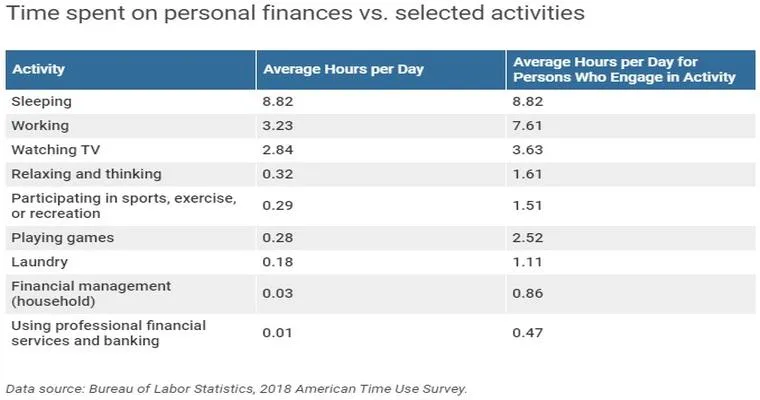"Hospital delirium" is a serious condition that affects many patients during their stay in medical facilities. It is characterized by sudden changes in "cognitive function", resulting in confusion, disorientation, and impaired attention. This condition can lead to long-term "cognitive decline" and significantly impact a patient's recovery and overall quality of life. Understanding the causes, symptoms, and preventive measures of hospital delirium is essential for both healthcare providers and families to ensure better outcomes for patients.
What is Hospital Delirium?
Hospital delirium, often referred to as "acute confusional state", occurs frequently among elderly patients and those with pre-existing cognitive impairments. It can arise from various factors, including medications, underlying medical conditions, infections, and environmental changes. The sudden onset of delirium can be alarming, as it may lead to a decline in physical function and an increased risk of "hospital readmission".
Symptoms of Hospital Delirium
The symptoms of hospital delirium can vary widely, but they generally include:
Confusion and disorientation
Difficulty with attention and focus
Hallucinations or delusions
Sleep disturbances
Changes in behavior and mood
These symptoms can fluctuate throughout the day, often worsening at night, which is commonly referred to as "sundowning". Early recognition of these symptoms is crucial for effective intervention and management.
Causes of Hospital Delirium
There are multiple factors that can contribute to the development of hospital delirium. Some of the most common causes include:
"Medications": Certain drugs, especially sedatives and pain medications, can impair cognitive function.
"Infections": Urinary tract infections, pneumonia, and sepsis are known triggers of delirium.
"Dehydration and Malnutrition": Insufficient fluid and nutrient intake can lead to cognitive issues.
"Environmental Factors": Changes in routine, unfamiliar surroundings, and lack of natural light can contribute to confusion.
The Impact of Hospital Delirium on Cognitive Decline
Research indicates that patients who experience hospital delirium are at a higher risk for long-term cognitive decline. Studies have shown that delirium can lead to a "decrease in cognitive performance" and an increased risk of developing conditions such as "dementia". The stress of hospitalization, combined with the physiological effects of delirium, can create a vicious cycle that hampers recovery and rehabilitation efforts.
Preventing Hospital Delirium
Preventing hospital delirium is crucial for minimizing cognitive decline in patients. Effective strategies include:
"Early Assessment": Regular cognitive assessments can help identify patients at risk and enable timely interventions.
"Medication Review": Careful management of medications can reduce the risk of delirium.
"Maintaining Routine": Encouraging familiar routines and minimizing disruptions can help maintain cognitive function.
"Hydration and Nutrition": Ensuring patients receive adequate hydration and nutrition is vital for cognitive health.
"Engagement and Stimulation": Keeping patients mentally and physically engaged can help reduce the onset of delirium.
Conclusion
Hospital delirium poses a significant risk for cognitive decline after hospitalization, affecting not only the immediate recovery process but also long-term health outcomes. By understanding the causes and symptoms of this condition, healthcare professionals can implement effective prevention strategies. Educating patients and their families about the risks associated with hospitalization is also essential in enabling a collaborative approach to care. By prioritizing cognitive health during hospital stays, we can improve the quality of life for vulnerable patients and reduce the burden of cognitive decline.





